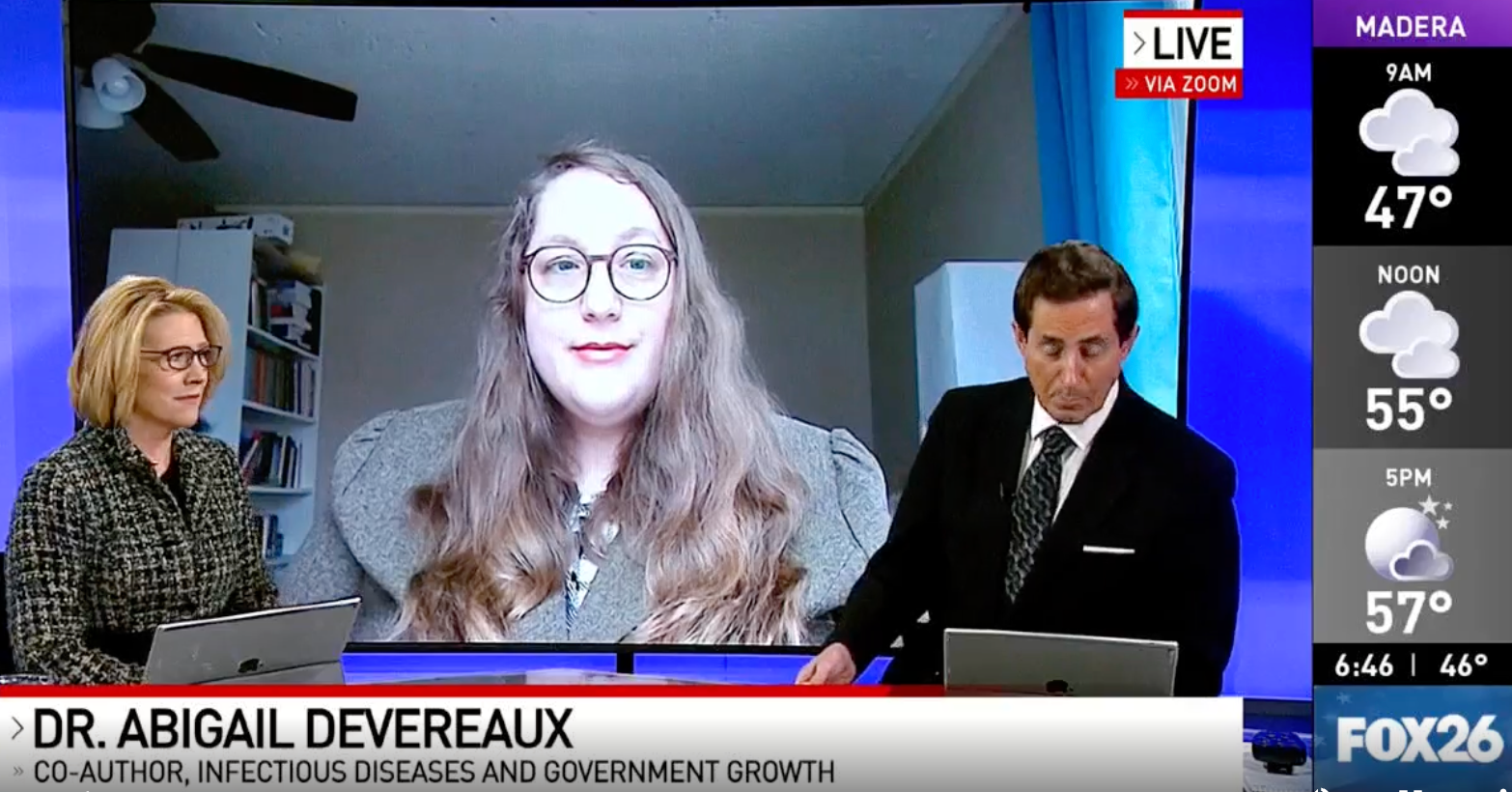
Lessons from History Should Inform Current Situation
Lockdowns, curfews and other restrictions from government don’t just bring considerable disruption to people’s lives. They can impact their livelihoods. So that poses the big question: which policy responses work?
KMPH Fox News in Fresno California has renewed reason to try to answer to that question. California Governor Gavin Newsome recently announced he was ordering a new curfew. Accordingly, residents are looking for answers on what to expect.
Virtually all of the counties in the state must adhere to the order based on the current levels of coronavirus spread. As a result, the curfew will limit the vast majority of citizens to remain in their homes between 10 PM and 5 AM. The curfew goes into effect December 21 and doesn’t expire for over a month.
If cases continue to rise more restrictive action will result. High level state officials stated a renewed stay-at-home order could be issued. In other words, if California reaches some as-of-yet unannounced threshold then the return of extreme restrictions is unavoidable. The public’s only option? Comply with the curfew.
But Can the curfew really be an effective policy response to stop the spread of infectious disease? And furthermore, what would yet another lockdown mean economically? Can we use history help inform any of these decisions?
ISEG Research Fellow Featured on “Great Day” Discussing History of Policy Responses to Pandemics
Dr. Abigail Devereaux, Research Fellow at the Institute for the Study of Economic Growth (ISEG), was interviewed by Kim Stephens and Jim De La Vega on Great Day. As an expert on the role of government during pandemics, Dr. Devereaux spoke live on air about the history of policy responses to pandemics and Newsom’s curfews.
Dr. Devereaux provided expert analysis of the effectiveness of curfews, noting a clear lack of evidence supporting their effectiveness at combating spread. She also clearly contrasted the lack of results with the measures popularity with politicians around the globe. Furthermore, she gave recent examples of how quickly curfews can lead to even more restrictive policy responses, such as stay-at-home orders.
Watch Dr. Devereaux’s full appearance below:



